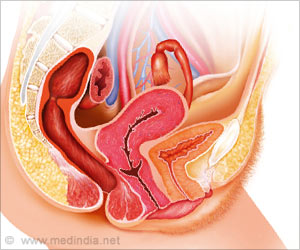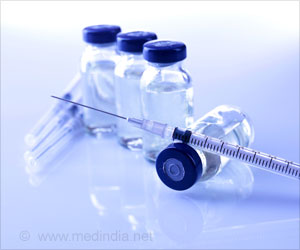Researchers at the Hebrew University of Jerusalem (HU) showed that antiviral drugs could indeed reverse the process in mouse and human egg cells and return to their former youthful selves.
There has also been similar success using genetic manipulation to insert two genes into the mouse egg cell DNA – the implanted genes produce enzymes which prevent the chain of events that leads to the activation of the damaging parts of the DNA.
“Within a decade, I hope we will be able to increase fertility among older women using antiviral drugs,” said Michael Klutstein, head of the Chromatin and Aging Research Lab in the Faculty of Dental Medicine at the HU.
The findings were published in the journal Aging Cell.
The team successfully identified one of the aging processes that prevent the successful maturation of an egg cell.
Most importantly among them is the loss of the regulation processes that normally stop the damaging parts of DNA from becoming active.
The HU team’s research, using mouse and human egg cells, not only identified the details of these processes but showed how they are interrelated and ultimately prevent an egg cell from maturing.
To confirm their findings, the team then used chemicals that mimic the actual processes that stop repression of sections of the egg cell’s DNA and liberate the DNA-damaging viruses.
Reproducing the aging processes artificially enabled the team to link the processes of loss of genomic regulation and the expression of damaging elements in aging egg cells.
The final stage of their research tested ways to reverse the destructive aging processes at work in an egg cell. If viruses or parts of viruses were released and activated in aging eggs, then perhaps antiviral drugs could prevent this process and the resulting damage, the team said.
Source: IANS



